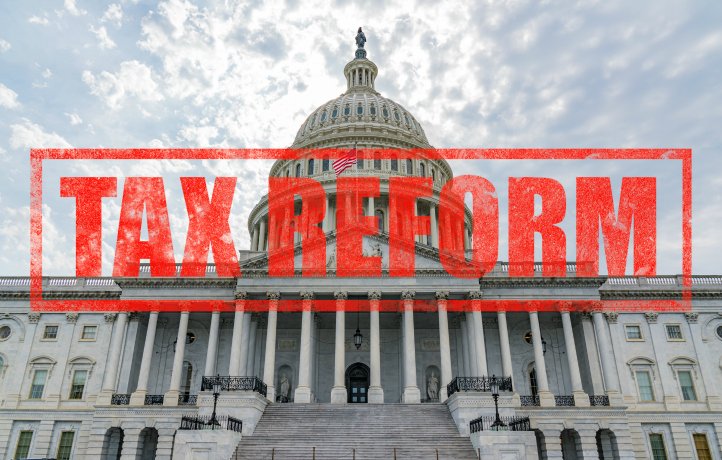SWLAW Blog | Faculty Scholarship Spotlight

February 21, 2018
Dorff on Tax Reform - CEO "Pay-for-Performance" No Longer Deductible - Undoing 162(m)
By H.S. Hart
TAX Reform. Love it. Hate it. It is here.
FASTCOMPANY.com explains how a little-noticed section of President Trump's tax reform could (but probably won't) make corporate America pay its CEOs more responsibly.
I promise that you can get through this without your eyes rolling into the back of your head.
This Timeline will get you up to speed on the issue in 30 seconds:
- 1970s: U.S. companies pressured to do better for their shareholders in the face of slumping results and the rise of global competition
- Mid-1980s: Putting shareholders ahead of all other stakeholders prevailed
- 1992: Bill Clinton blasted “outrageous executive pay” in his 1991 run for the White House vowing to limit the compensation that companies could write off as a business expense to $1 million
- 1993: Congress passed a law imposing the $1 million ceiling but 162(m) contained loopholes including Companies could still get a tax deduction beyond the ceiling by tying compensation to “performance”
- Post 1993: Median CEO pay kept going up and up—doubling again to $4 million in the 1990s and currently standing at more than $11 million
According to the article "[c]ritics have cited “pay for performance” as a major reason that executives have become obsessed with trying to pump up near-term profits and their company’s stock price—often by shedding jobs and cutting costs—while giving insufficient attention to longer-term investments and strategies that could ultimately benefit their own enterprise and society as a whole."
SKEPTICS doubting that undoing 162(m) will significantly impact CEO pay include our own Professor Michael Dorff - author of Indispensable and Other Myths: Why the CEO Pay Experiment Failed and How to Fix It.
Linking CEO pay to stock price was already well underway before 162(m) was put on the books. “This was a preexisting trend among many companies. I am convinced they will continue to use performance pay, regardless of the tax policy.”
Professor Michael Dorff
Southwestern Law School
The ultimate questions are whether corporations continue to base CEO pay on short-term financial gains without that compensation qualifying for a deduction? OR, return to the long-ago era when big companies paid out about half of their profits to stockholders and reinvested the other half in R&D, worker training, employee compensation, etc? Or?
Read the entire article here.
Interesting stuff! Note to self to follow up with Professor Dorff during 2019 tax season.